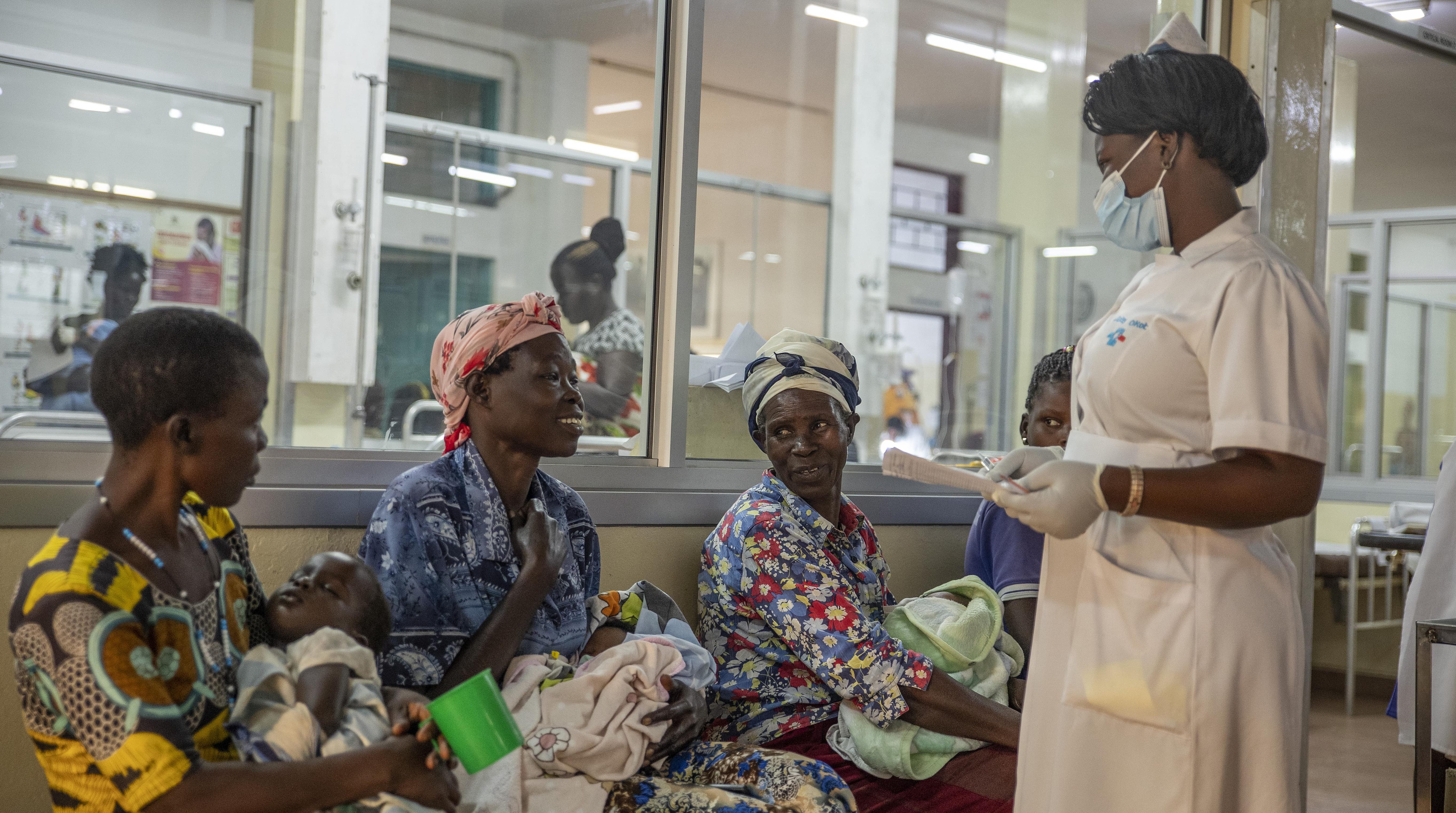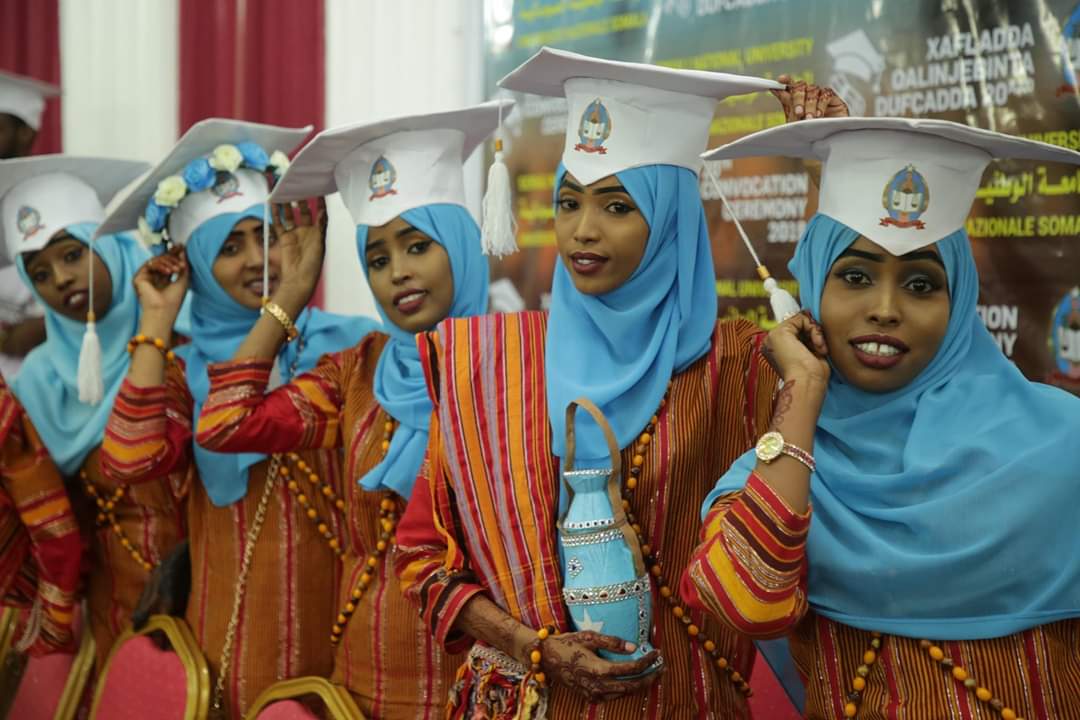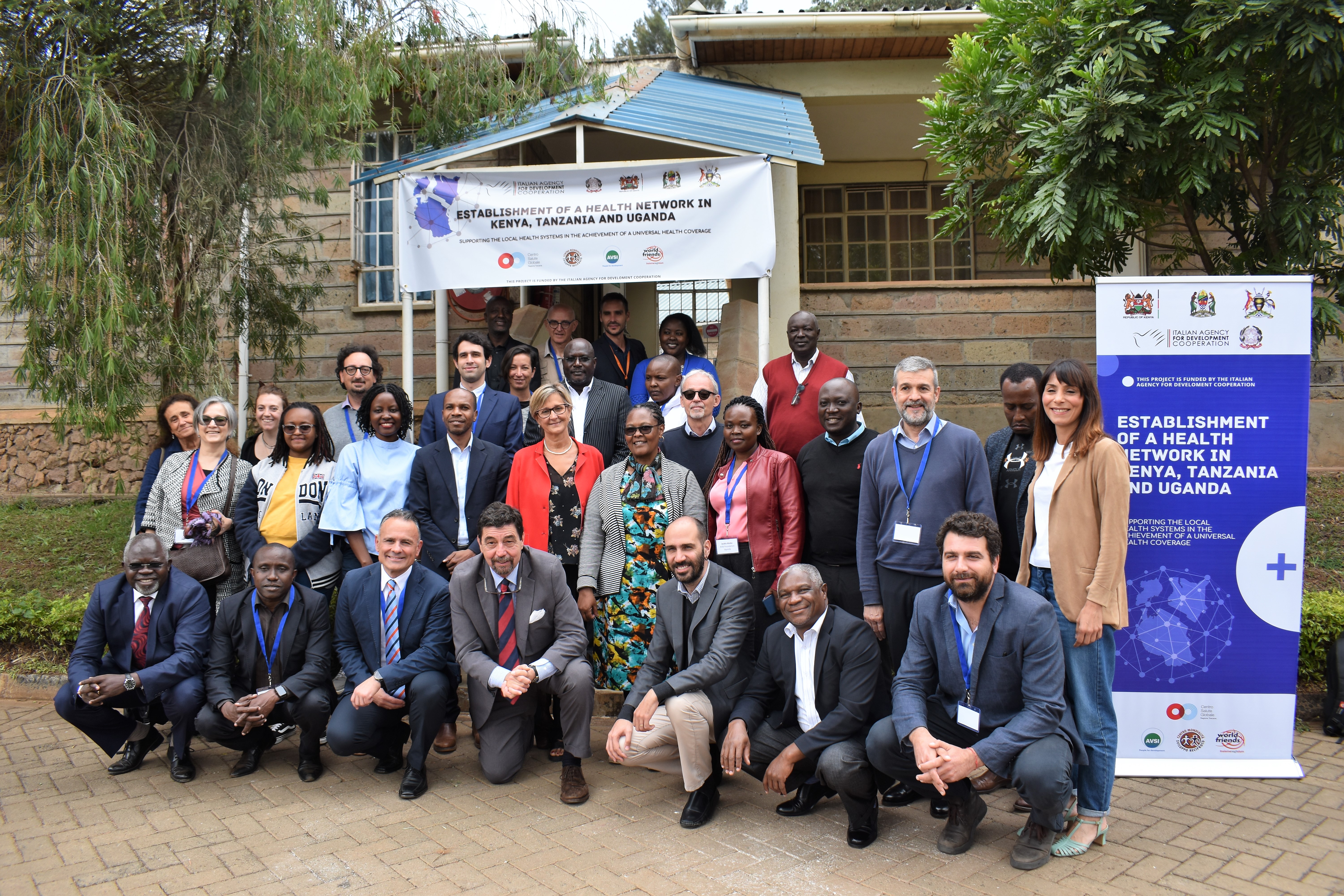The “People” pillar concerns the commitment to building a society where everyone can live with dignity, develop their potential, and grow in a healthy environment. Eliminating poverty does not only mean improving economic conditions, but also reducing social inequalities and protecting people from risks linked to the environment and human activities.
The initiatives within the Nairobi Office’s portfolio focus primarily on the People dimension, with programs that improve access to essential services such as healthcare, education, emergency response, and gender equality. In particular, gender equality is mainstreamed across all actions, following AICS guidelines and international OECD-DAC standards.
-
Kenya: Work is based on the constitutional right to quality healthcare and social services. Cooperation with the Ministry of Health supports national strategic plans, promoting digitalization of the health system and strengthening medical staff training. The goal is to reduce inequalities, make services more efficient, and ensure universal health coverage.
-
Somalia: In a context of ongoing climate shocks and conflict, support focuses on emergency interventions for food security, nutrition, water management, and social protection, often with multilateral partners. Among these, the UN OCHA Country-Based Pooled Fund (CBPF) has enabled rapid, life-saving responses (e.g., during recent floods). In healthcare, Italy partners with local actors such as De Martino Hospital to strengthen facilities and ensure access to care.
-
Tanzania: Interventions concentrate on education and vocational training, healthcare, and nutrition. Focus is placed on facilitating youth access to employment and promoting inclusion of people with disabilities. Through a regional initiative covering Kenya, Tanzania, and Uganda, Italy works to improve basic healthcare access, particularly maternal and child health. Another important area is the fight against communicable diseases such as tuberculosis, malaria, and HIV.
-
Democratic Republic of Congo (DRC): Actions are focused on responding to humanitarian crises. A new regional initiative for the Great Lakes crisis (Uganda, Burundi, DRC) is being launched.



